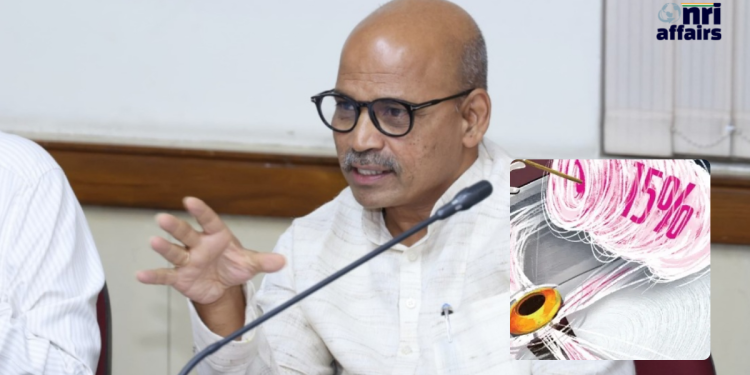The Karnataka government has introduced a significant policy change by proposing a 15% NRI quota in government medical colleges starting from the academic year 2025-26. This initiative aims to enhance the quality of education and increase funding for medical institutions in the state.
Background and Objectives
Karnataka’s decision to allocate a 15% NRI quota in government medical colleges is part of a broader strategy to boost the state’s educational infrastructure. By attracting NRIs, the state expects not only to diversify its student population but also to bring in additional financial resources, which can be reinvested in improving educational facilities and teaching standards. This move aligns with the state’s vision of creating a world-class medical education system.
Implementation Details
The quota system will be implemented from the academic year 2025-26. This policy applies to all government medical colleges across Karnataka. Detailed guidelines regarding the application process, eligibility criteria, and fee structure for NRI students are expected to be released by the state’s education department in due course.
15% NRI Quota
The proposed 15% NRI quota is anticipated to bring several transformative changes to the state’s medical education landscape. By welcoming NRI students, Karnataka aims to leverage their diverse experiences and financial contributions to foster a more robust educational environment. This policy is expected to attract top-tier talent from the global Indian diaspora, enhancing the competitive edge of Karnataka’s medical institutions. Moreover, the influx of additional funds from NRI students will provide much-needed financial support for research and development, further propelling the state’s medical education standards to new heights.
Benefits of the NRI Quota
- Enhanced Funding: The inclusion of NRI students is expected to bring in substantial financial resources, which can be used for upgrading infrastructure, procuring advanced medical equipment, and funding research activities.
- Diverse Student Body: The presence of NRI students will contribute to a culturally diverse learning environment, fostering a global perspective among local students.
- Quality of Education: Increased funding and diverse interactions are anticipated to raise the overall quality of medical education in Karnataka, benefiting both local and NRI students.
Potential Challenges
While the proposal has several benefits, it also poses certain challenges:
- Equity Concerns: There may be concerns about equity and access for local students, especially those from economically weaker sections.
- Implementation Logistics: Ensuring a smooth and transparent implementation of the quota system will require meticulous planning and coordination among various stakeholders.
Recommendations for Future Considerations
- Transparency in Admissions: Clear and transparent admission processes should be established to ensure fairness and build trust among all stakeholders.
- Periodic Reviews: Regular assessments and reviews of the quota system should be conducted to address any issues and make necessary adjustments.
- Support for Local Students: Measures should be taken to support local students, particularly those from underprivileged backgrounds, to ensure that they are not disadvantaged by the new quota system.
Karnataka’s proposal to introduce a 15% NRI quota in government medical colleges marks a significant step towards enhancing the state’s educational landscape. By attracting NRI students, the state aims to boost funding, improve educational quality, and create a diverse learning environment. However, careful implementation and periodic reviews will be crucial to address potential challenges and ensure the policy’s success.











